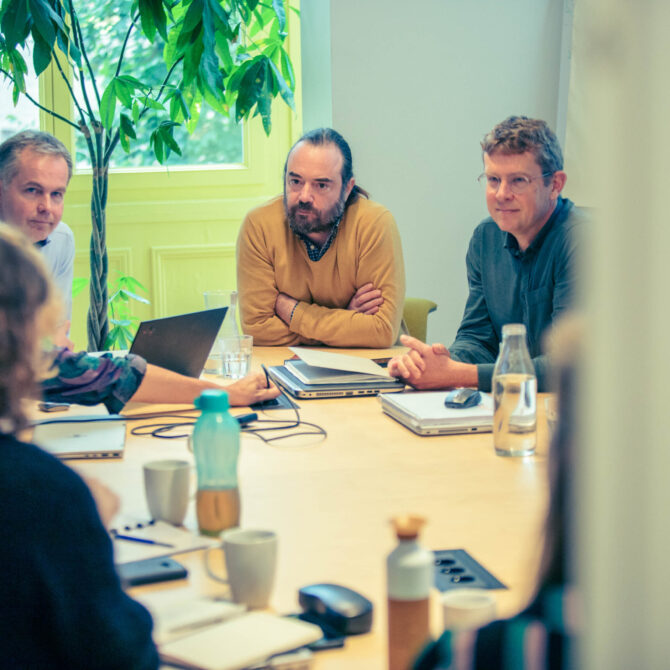Family businesses represent about two thirds of all companies worldwide. They employ 50-80% of the workforce in most countries and contribute about 70-90% to annual global GDP[1]. With such big representation in the global economy, we can safely state that family businesses are uniquely positioned to lead the change to a more sustainable world.
In my experience of working with different types of organisations, family businesses have stood out as those that most naturally lean towards sustainable development. This is because of their long-term vision across generations, and the connection between personal and corporate values when it comes to corporate citizenship.
Value-based leadership
Corporate citizenship is the ambition of shareholders or executive management to conduct business activities in a respectful way towards society. It is a value-based motivation, even when it also encapsulates the belief that it will indirectly increase a company’s success. Profit is not the prime purpose.
Corporate citizenship stems from the search for coherence between personal and corporate values. Therefore, it is more often found in family businesses where the corporate values are – at the basis – an organic extension of the management’s personal values.
This does not mean that managers at listed companies cannot show corporate citizenship behaviour. Look at Paul Polman, former CEO of Unilever, who a decade ago launched the Sustainable Living Plan. Or Emmanuel Faber, the former CEO of Danone, who set the company on course to become the first multinational B Corp certified company in 2015.
Corporate responsibility, powered by people
Regardless of the type of organisation, value-based leadership will always be carried by a person who is passionate about sustainability. And while we cannot underestimate the influence of middle managers, achieving an ambitious transition with true impact requires the conviction from a family shareholder or CEO in a family business, or one of the executive managers in a listed company.
The CEO is in prime position to pursue sustainability ambitions. But also other executive managers can be key movers of strategic corporate sustainability. Think about CFOs, HR directors, Marketing directors, Heads of Procurement or Operations…No matter the function, engaged people from diverse areas of expertise have led the change, driven by their intrinsic sense of corporate citizenship.
The pursuit of long-term impact
Another reason family businesses are in a better starting position to pursue sustainability is the generational aspect. Family businesses are in it for the long haul.
Just look at the lingo: G7 in a family business context does not refer to the intergovernmental forum of seven leading industrial states. Instead, it refers to a family shareholder member of the seventh generation.
Of course, that does not mean that values do not vary from one generation to another. Yet, generally speaking, family businesses tend to have a more future-oriented outlook than amassing short-term profit, as shareholders want to safeguard and sustain their legacy down the family line.
As strategic sustainability relates to societal transitions in the mid- to long-term, family businesses are as such more apt to stay on course.
Driving sustainability
This belief is also propagated by the Family Business Network (FBN), the world’s leading organisation of business families bringing together 4,000 family-owned businesses.
In 2014, the FBN launched Polaris, a “global movement of family businesses focused on maximising economic, social, and environmental impact.” The name refers to the north star as the guide towards true sustainability that “enables positive change, encompasses environmental stewardship, embraces fiscal responsibility and enriches future generations.” (FBN)
The framework that supports the Polaris movement is quite similar and grounded in the B Impact Assessment for B Corporations.
To sum up, in family businesses, there is a strong link between personal and corporate citizenship, and the ambition to develop the business across generations. These intrinsic qualities prove to be two key drivers of sustainable development.
[1] Source: Family Firm Institute (2017).



